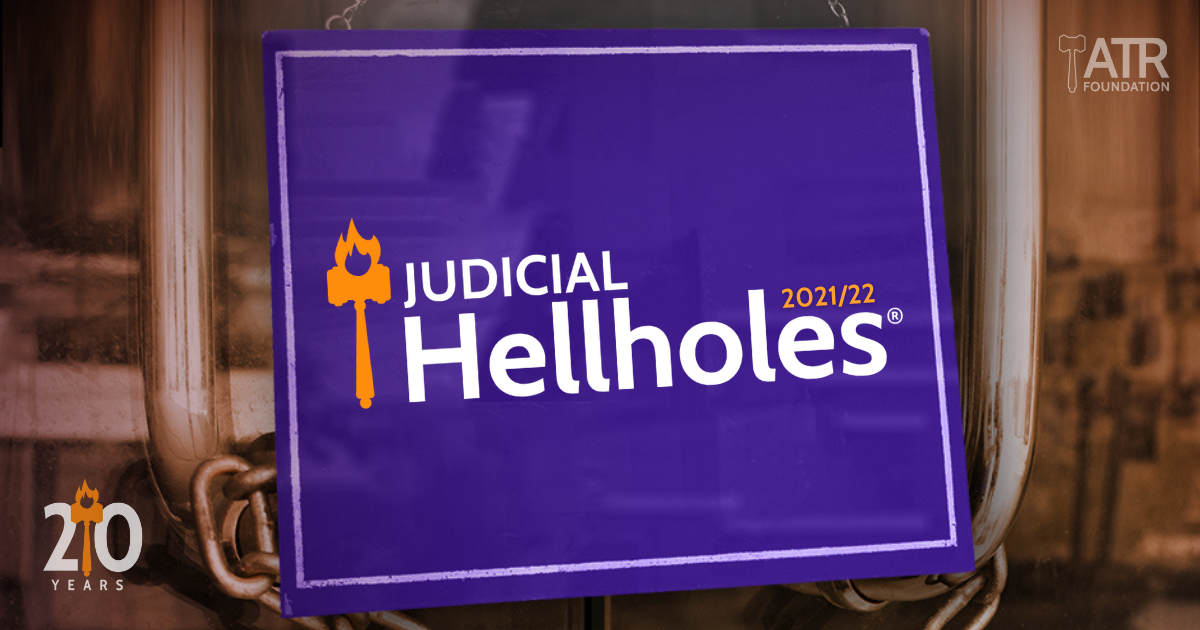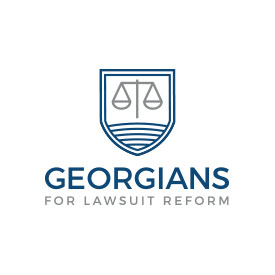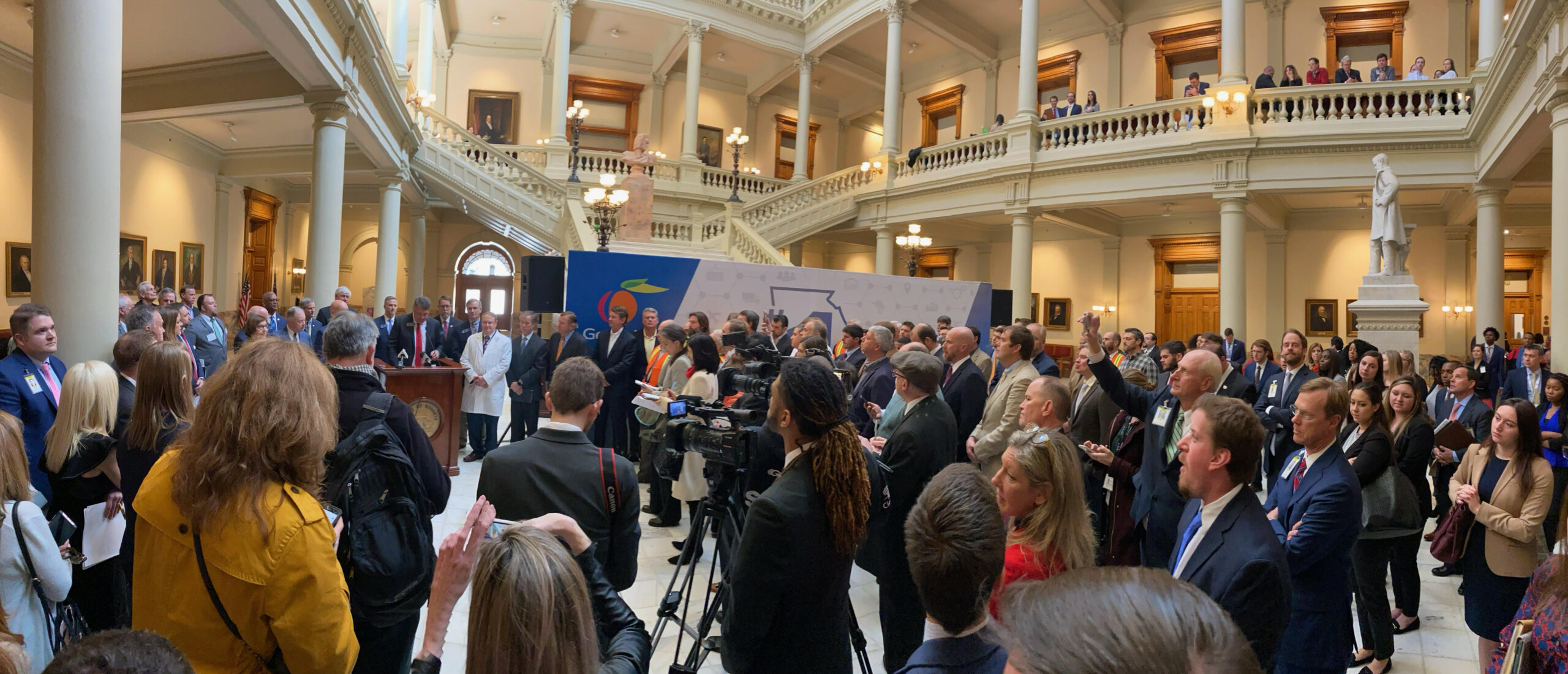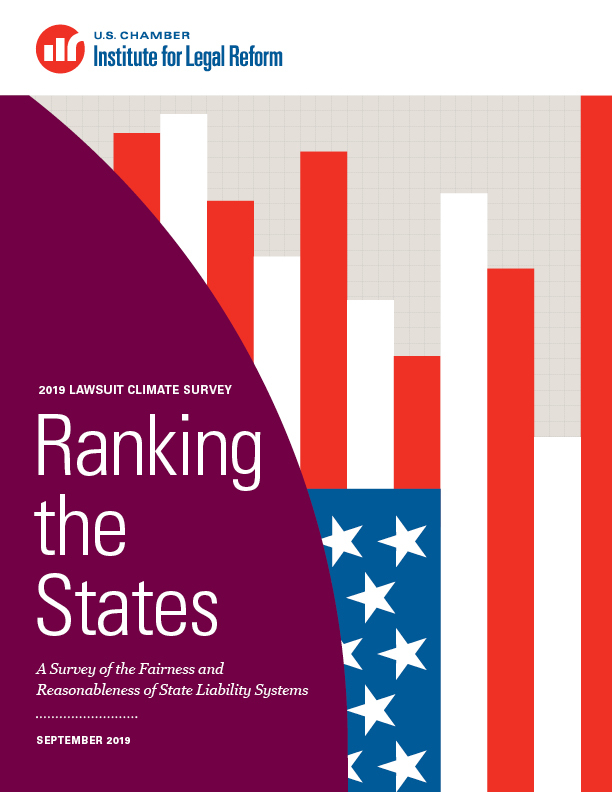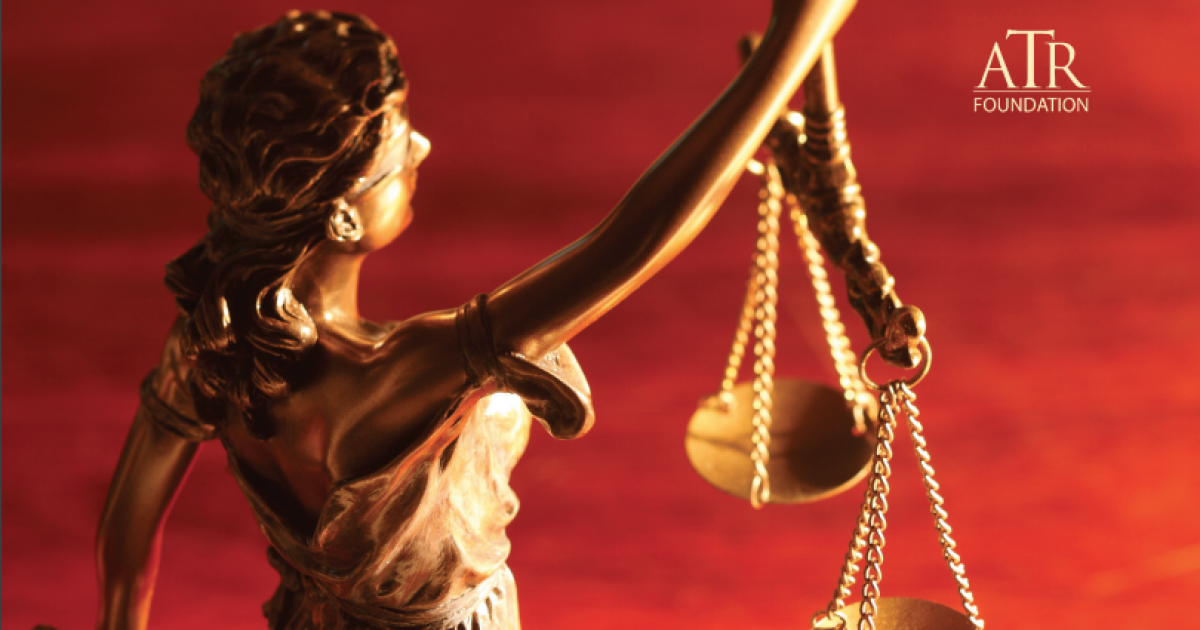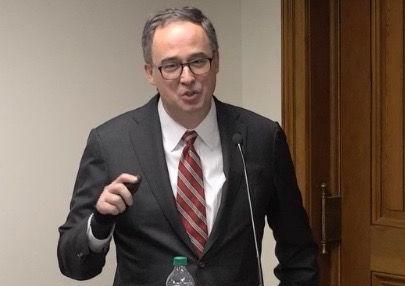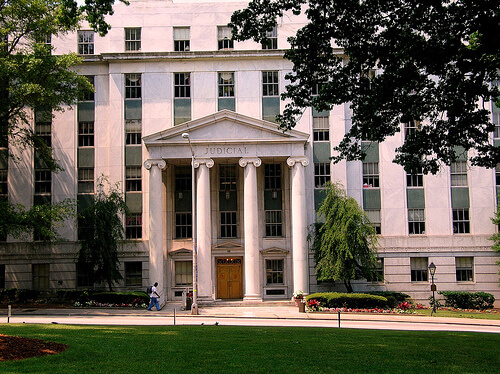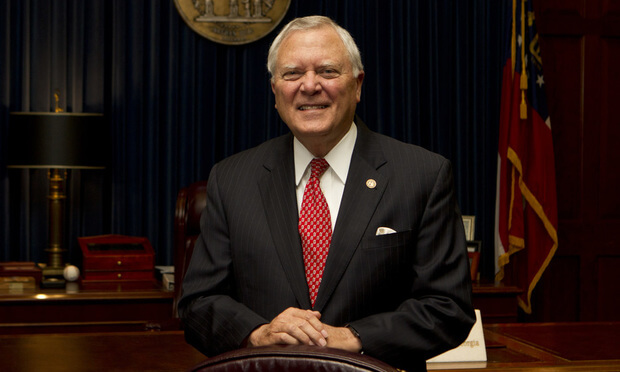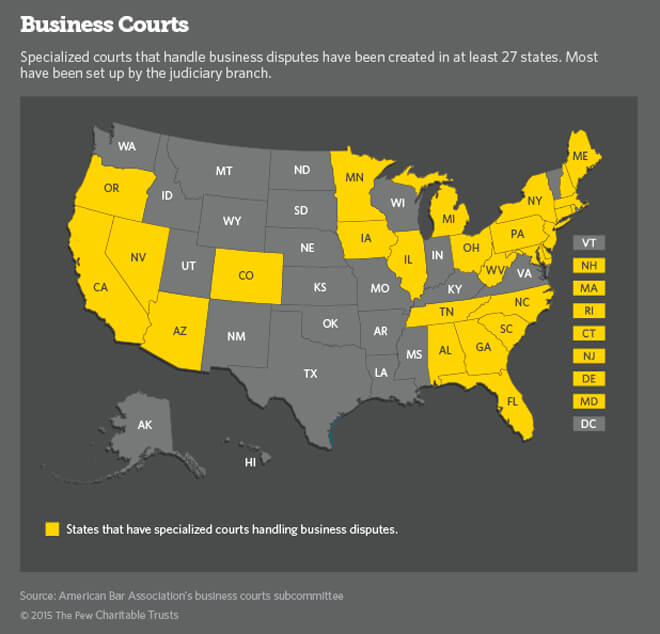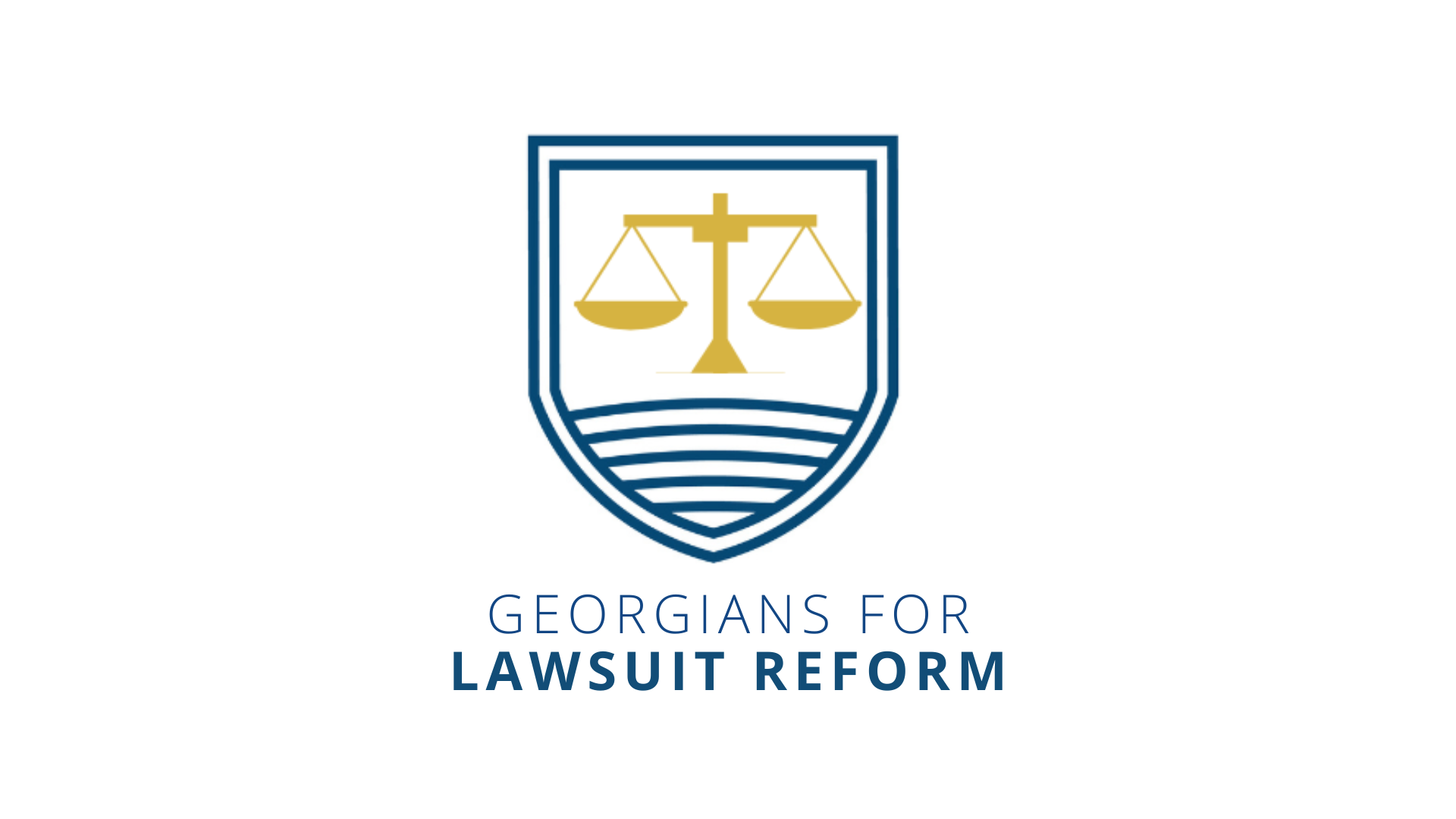
GLR Represents Business Community in Arbitration Case
Georgians for Lawsuit Reform (GLR) previously filed an amicus brief with the Georgia Supreme Court to provide the business community’s prospective by enforcing a higher standard that an arbitrator must know and purposefully neglect a law for awards to be vacated. Last week, the Georgia Supreme Court reversed the lower court’s ruling that overturned an arbitration award—which would have destabilized arbitration in Georgia.
We are pleased by the outcome of the GA Supreme Court and proud to be representatives of the business community. For more information, please read the article below from Law360.com. If you have any questions, please contact Meagan Hanson at [email protected].
Ga. Justices Suggest High Bar For Overturning Arbitration
By Rosie Manins
Law360 (August 26, 2021, 6:53 PM EDT) — Georgia Supreme Court justices said Thursday they had difficulty understanding how a lower court determined, possibly for the first time in the state’s history, that an arbitrator had manifestly disregarded the law and questioned why the arbitration ruling was thrown out.
The court was urged by Georgia motorsports vehicle dealership Southern Mountain Adventures LLC and its affiliate Adventure Motorsports Reinsurance Ltd. to reverse a Georgia Court of Appeals ruling that overturned an arbitration award in their favor. The intermediate appellate court held in June 2020 that arbitrator Fred J. Pinckney had deliberately ignored the law in determining a fees dispute between the dealership companies and Atlanta-based vehicle service provider Interstate National Dealer Services Inc. and it reversed a trial court’s confirmation of the award.
But several of the justices suggested during oral arguments that a provision of Georgia’s arbitration code allowing awards to be vacated if an arbitrator has manifestly disregarded the law is meant for extreme cases in which an arbitrator has stated that they know the law and are deliberately ignoring it in their ruling. The justices said Pinckney’s interpretation of the law and the contracts in dispute might have been incorrect, but that doesn’t mean he manifestly disregarded the law.
“It’s hard to say that that’s anything other than a mistake,” Justice Sarah H. Warren said. “It might be a really bad mistake, it might be a really wrong interpretation, but it’s hard for me to understand where that crosses into a manifest disregard of the law, if they’re not saying ‘I know the law is X and I’m refusing to apply it.'”
Justice Warren said everything described by counsel for Interstate to support its argument that the award was rightly overturned pertained to Pinckney’s interpretation of the governing contracts and agreements between the service provider and the dealership companies. Pinckney awarded almost $463,000 to the dealership companies for excess fees paid to Interstate, as well as attorney fees and costs.
“If the standard is anything other than something like this manifest disregard, if anyone can argue that a given interpretation upon which two sophisticated parties disagree can constitute this manifest disregard, then good lawyers like yourself and your opposing counsel could come in and fashion any argument based on your disagreement with the law or the credibility findings of the facts and say that that constitutes a manifest disregard,” Justice Warren said. “And in that case, arbitration means nothing because it’s always subject to dispute.”
Counsel for the dealership companies argued that Georgia law mandates courts show deference to arbitration rulings, a point backed by the Georgia Chamber of Commerce and Georgians For Lawsuit Reform in amicus briefs supporting the appellants.
The crux of Interstate’s argument and the basis for the intermediate appellate court’s ruling was that Pinckney ignored a clear part of a contract stipulating payment by the dealership companies for services.
But Chief Justice David E. Nahmias said the contracts in dispute are “remarkably complicated” and that Pinckney looked beyond that one part, finding that other aspects were intentionally ambiguous.
“You and the court of appeals want to pluck out this one line and say that’s the plain language, when the arbitrator said ‘I’m going to look at all this other stuff,'” Justice Nahmias said. “It’s not a situation where the arbitrator said ‘this is this one line and I’m reading it in a gibberish way.'”
Justice Charles J. Bethel said following only one term or provision of a contract is “not the law.” He also said Pinckney found other provisions that rendered the contracts between the parties as ambiguous and confusing and construed them against Interstate because it drafted them.
“That’s what the arbitrator did and that is the law of Georgia,” Justice Bethel said. “Whether they got that right is another question. We’re not saying that the arbitrator was lawfully correct in that analysis, but that’s not a willful disregard, right?”
Justice Nels S.D. Peterson asked counsel what a party had to show to prove intentional deviation from plain language “in order to distinguish that from just getting it wrong.”
“Because manifest disregard is more than just getting it wrong, right?” Justice Peterson asked.
The case has been closely watched by Georgia’s arbitration community, which also submitted amicus briefs calling for reversal of the Georgia Court of Appeals opinion. There is concern that if the ruling stands, it will undermine arbitration in Georgia.
Jeffrey T. Holm of Withrow McQuade & Olsen LLP, an attorney for the dealership companies, said the intermediate appellate court weighed the evidence and shut down Pinckney’s findings of fact, something it was not allowed to do. He said meeting the high standard required by Georgia’s arbitration code to prove a manifest disregard of the law is “almost impossible” but acknowledged it could happen.
“You could have a truly lawless arbitrator,” Holm said. “It’s never been found previously by an appellate court in this state. No award previous to this one had ever been vacated on that basis, so it’s a high standard and one that’s very difficult to meet.”
Jeffrey L. Kingsley of Goldberg Segalla LLP, an attorney for Interstate, said there was no ambiguity in the disputed contracts, the plain language of which Pinckney deviated from and chose not to accept. That was a manifest disregard of the law, Kingsley said.
The dealership companies are represented by Jeffrey T. Holm of Withrow McQuade & Olsen LLP and Eric J. Morrison of Lipsey Morrison Waller & Lipsey PC.
Interstate is represented by Kenton J. Coppage of Fox Rothschild LLP and Jeffrey L. Kingsley of Goldberg Segalla LLP.
The cases are Adventure Motorsports Reinsurance Ltd. et al. v. Interstate National Dealer Services Inc., case numbers S21G0008 and S21G0015, in the Supreme Court of Georgia.
–Editing by Alex Hubbard.




